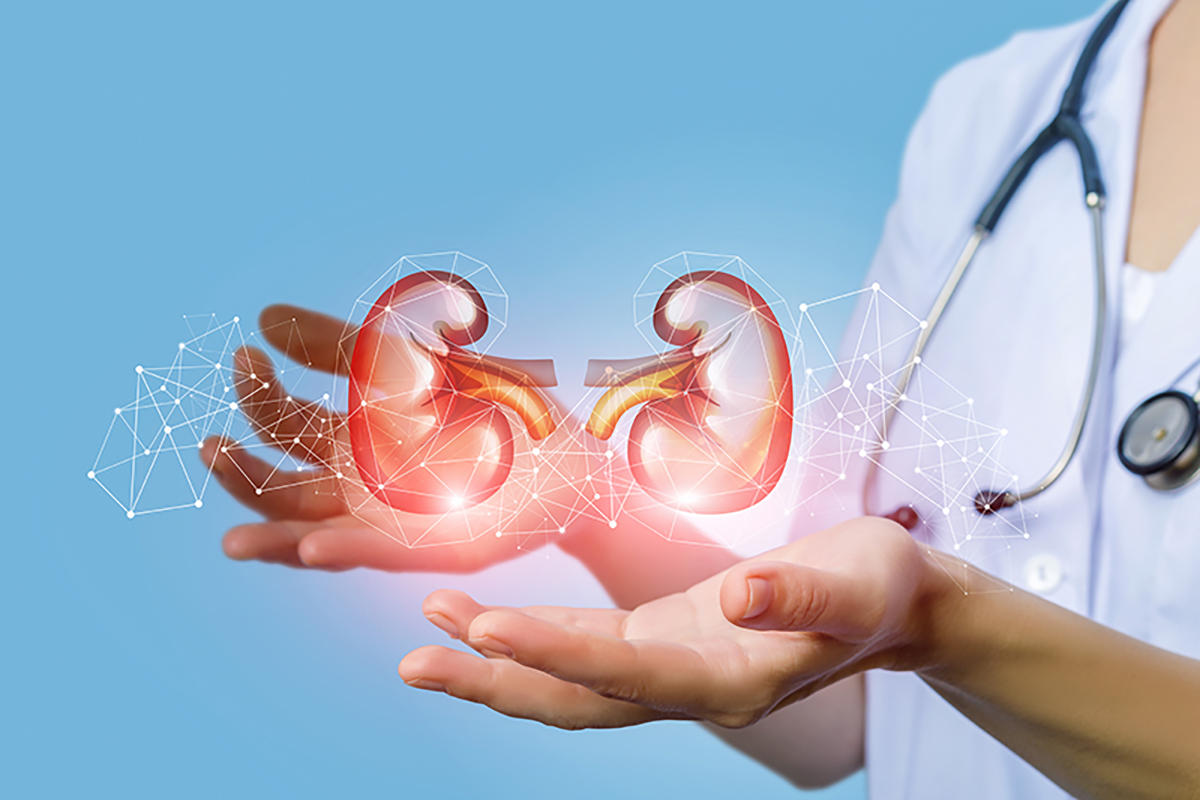Did you know that your kidneys are responsible for filtering your blood and removing waste products? So how do they work and how can you keep them healthy? For this, we look to the National Kidney Foundation for a helpful explanation:
You have two kidneys, each about the size of an adult fist, located on either side of the spine just below the rib cage. Although they are small, your kidneys perform many complex and vital functions that keep the rest of the body in balance. For example, kidneys:
- Help remove waste and excess fluid
- Filter the blood, keeping some compounds while removing others
- Control the production of red blood cells
- Make vitamins that control growth
- Release hormones that help regulate blood pressure
- Help regulate blood pressure, red blood cells, and the amount of certain nutrients in the body, such as calcium and potassium.
Here’s how kidneys perform their important work:
- Blood enters the kidneys through an artery from the heart
- Blood is cleaned by passing through millions of tiny blood filters
- Waste material passes through the ureter and is stored in the bladder as urine
- Newly cleaned blood returns to the bloodstream by way of veins
- Bladder becomes full and urine passes out of the body through the urethra.
The kidneys perform their life-sustaining job of filtering and returning to the bloodstream about 200 quarts of fluid every 24 hours. Approximately two quarts are eliminated from the body in the form of urine, while the remainder, about 198 quarts, is retained in the body. The urine we excrete has been stored in the bladder for approximately one to eight hours.
Here’s another informative video about the vital role kidneys play in keeping you healthy featuring Balboa Nephrology Provider Dr. Talar Kharadjian – who explains the main functions of the kidneys.
And check out this great TED-Ed video with another way to explore how our kidneys work!
Source: National Kidney Foundation and TED-Ed











